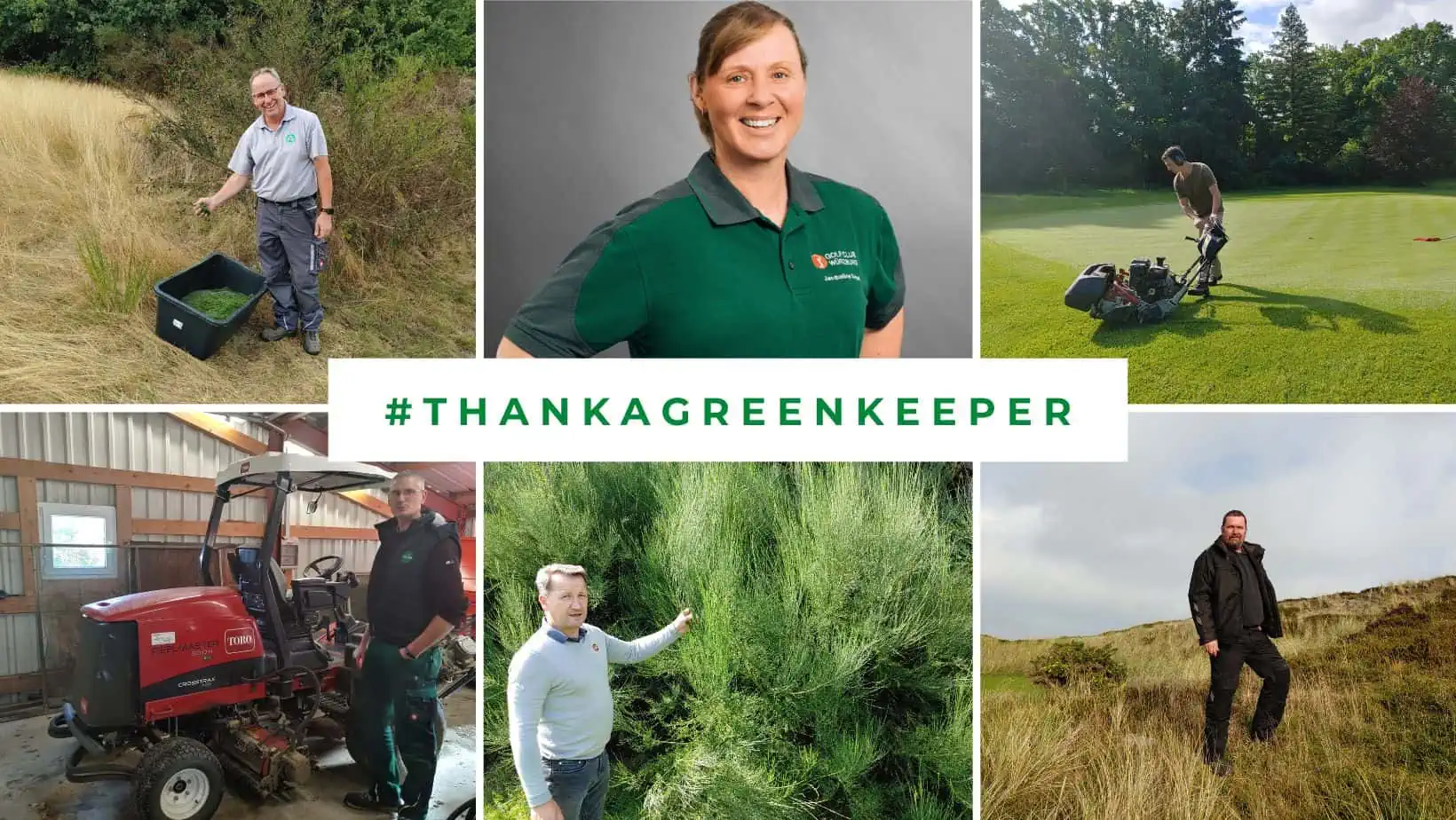Greenkeeping: In dialogue with the grass
The first time I began to understand what greenkeeping really meant was a spring day sometime more than 20 years ago. I was a mediocre golfer, an ambitious journalist, and up awfully early for the start of the Masters week at Augusta National Golf Club because of my jet lag after a flight from Europe. My view from the bedroom window was of the eighth green at Cuscowilla Golf Club on Lake Oconee in Georgia, where I was staying for Masters week. The man, who was standing there was Rusty Mercer. Rusty Mercer, who now watches over the greens and grasses as Director of Agronomy at the world-famous Streamsong Resort in Florida.
Sense, intuition and anticipation
Rusty stood on the eighth green at dawn, paced it, stroked one patch of grass or another, inspected, examined, analysed, in the end understood what was going on here in this complicated interplay of grass, earth, air, wind and water. In the years that followed, whenever I came to Cuscowilla, I saw him standing on one green or another countless more times. Without machines. Without devices. Greenkeeping, I learned there, is also a question of feeling for the grass, intuition and the ability to anticipate.
In the years that followed, I repeatedly met greenkeepers and agronomists who made me understand this profession a lot better. Those with Simon Doyle, for example, now vice president of agronomy at Troon, who told me last fall, “One of the first things I teach greenkeepers on site is how to cut the grass properly.” What sounds so terse is, on closer inspection, just a specialized skill: the right knifes, the appropriate sharpness, the necessary cutting height, the perfect cutting time, the right cutting edge – a single blade of grass can require so much technology, and we’re not even talking about irrigation, fertilization and other detailed aspects of greenkeeping at this point.
Golfers and greenkeepers: room for discussion
Anyone who deals with the topic of sustainability on golf courses, as we do at Golf Sustainable, very often has to deal with greenkeepers. The range of skills, of knowledge, of motivation is enormous. Why should it be any different here than in any other profession? This is another reason why the golfer gets into a discussion with the greenkeeper from time to time – sometimes justified, sometimes not. Green speeds, fairway heights, bunker maintenance or the timing of aerification measures are easy to discuss when one party uses the golf course only for recreational purposes and the other considers it their workplace.
Climate change brings changes
What is certain is that greenkeepers and golfers alike are having to make major adjustments at the moment. Heat scorches the grass and dries out the waterholes. Heavy rain washes out the bunker sand and submerges the green surrounds. Storms tear away branches and sometimes trees. Golf courses need new irrigation systems and greenkeepers whose knowledge of grasses, fertilizers, pests and machinery is always up to date. Golfers must accept higher dues and apportionments. The relationship between greenkeepers and golfers is being tested in the face of all the challenges posed by climate change.
Last fall, Jan Andreas, superintendent of the Frankfurt Golf Club, gave me a lengthy and rather interesting talk about the optimized air currents between some bushes along a fairway and their effects on the green. I must honestly confess at this point that I simply don’t think about air circulation when I’m on a green looking for the perfect line on the most perfect grass possible. Golfers like me are – unintentionally – sometimes just ignorant.
Dialogue with the grass
How to change that? Hard to say. But talking to the greenkeepers helps and so does the greenkeeper’s attempt to explain something to the golfer. The good will to learn more about grass is there in the golfer. The personal experience is often the decisive kick point.
For me personally, just looking at the eighth green at Cuscowilla Golf Club was an eye-opener. When a superintendent lingers in silent dialogue with the grass, as it was so often the case with Rusty Mercer, there can be only one reason: This golf course is important to him. What better news can there be for golfers who want to play it?








